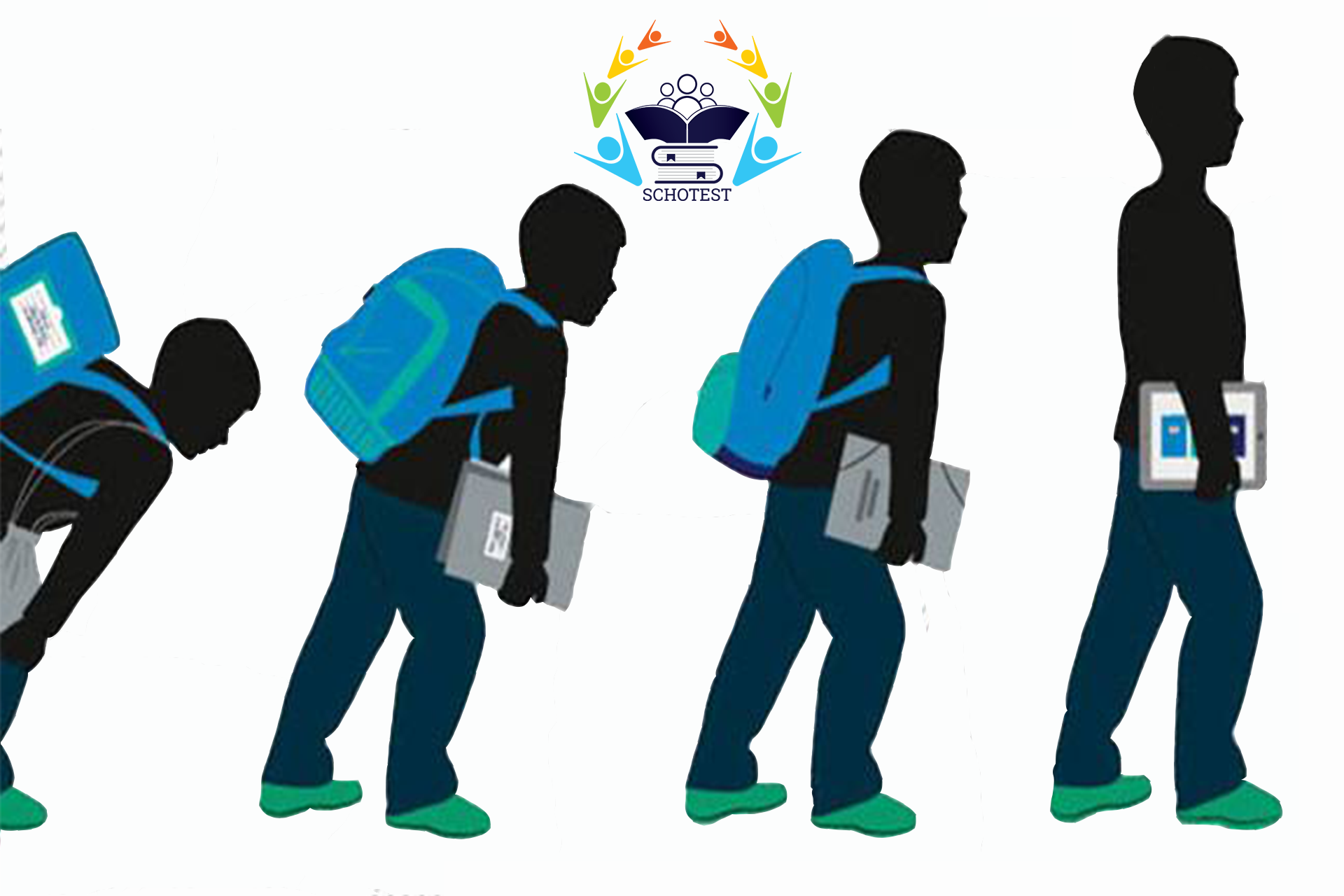The Vital Role of Sports in Child Development: Building Stronger Futures
Introduction
Physical activity and sports play a significant role in the development of a child, offering far more than just the joy of competition. Beyond the realm of exercise, sports can shape a child's character, foster important life skills, and contribute to their overall growth. In this article, we will explore the crucial importance of sports in the development of a child and how it benefits their physical, mental, and social well-being.
Physical Development
Engaging in sports from an early age helps children develop essential motor skills, coordination, and physical fitness. Sports require different types of movements, such as running, jumping, throwing, and catching, which contribute to the development of muscle strength, endurance, flexibility, and overall physical health. Regular participation in sports also promotes cardiovascular health and helps prevent obesity, diabetes, and other lifestyle-related diseases. Furthermore, the discipline of regular training and physical exertion cultivates a strong work ethic and a sense of personal responsibility in children.
Mental Development
Sports not only benefit physical health but also have a profound impact on a child's mental well-being. Regular exercise stimulates the brain, releasing endorphins and neurotransmitters that improve mood, reduce stress, and increase overall happiness. Participating in sports teaches children valuable lessons in goal-setting, perseverance, and resilience. They learn to cope with both victory and defeat, enhancing their emotional intelligence and developing a positive attitude toward challenges. Additionally, the strategic and tactical aspects of many sports require problem-solving skills, critical thinking, and quick decision-making, contributing to cognitive development.
Social Development
One of the most significant benefits of sports for children is its power to foster social development. Team sports, in particular, provide opportunities for children to interact and collaborate with their peers, developing essential social skills such as communication, teamwork, leadership, and empathy. Through sports, children learn to work towards common goals, understand the importance of cooperation, and appreciate the value of mutual support. Sports also expose children to diversity, teaching them to respect and accept differences among teammates and opponents. These experiences build lifelong friendships and provide a sense of belonging and community.
Character Development
Engaging in sports can shape a child's character in profound ways. Sports teach discipline, self-control, and time management as children learn to balance their studies, training, and other commitments. They understand the significance of following rules, respecting authority, and displaying good sportsmanship. Furthermore, the competitive nature of sports teaches children to set high standards for themselves, strive for excellence, and embrace healthy competition. They develop qualities like determination, perseverance, and a strong work ethic that will serve them well throughout their lives.
Building Healthy Habits for Life
By instilling a love for sports and physical activity in children, we empower them to lead healthier lives as adults. When children enjoy participating in sports during their formative years, they are more likely to continue being physically active throughout their lives, reducing the risk of sedentary lifestyles and associated health problems. Sports also offer an alternative to screen time, encouraging children to be more active and less dependent on electronic devices.
Conclusion
The importance of sports in the development of a child cannot be overstated. Beyond physical fitness, sports promote mental, social, and character development. They provide a platform for children to learn essential life skills, foster friendships, and build a strong foundation for a healthy and successful future. Parents, educators, and society as a whole should recognize and support the role of sports in shaping the well-rounded individuals of tomorrow. By encouraging children to participate in sports, we invest in their overall development, ensuring they grow into confident, resilient, and healthy individuals.











Discussion